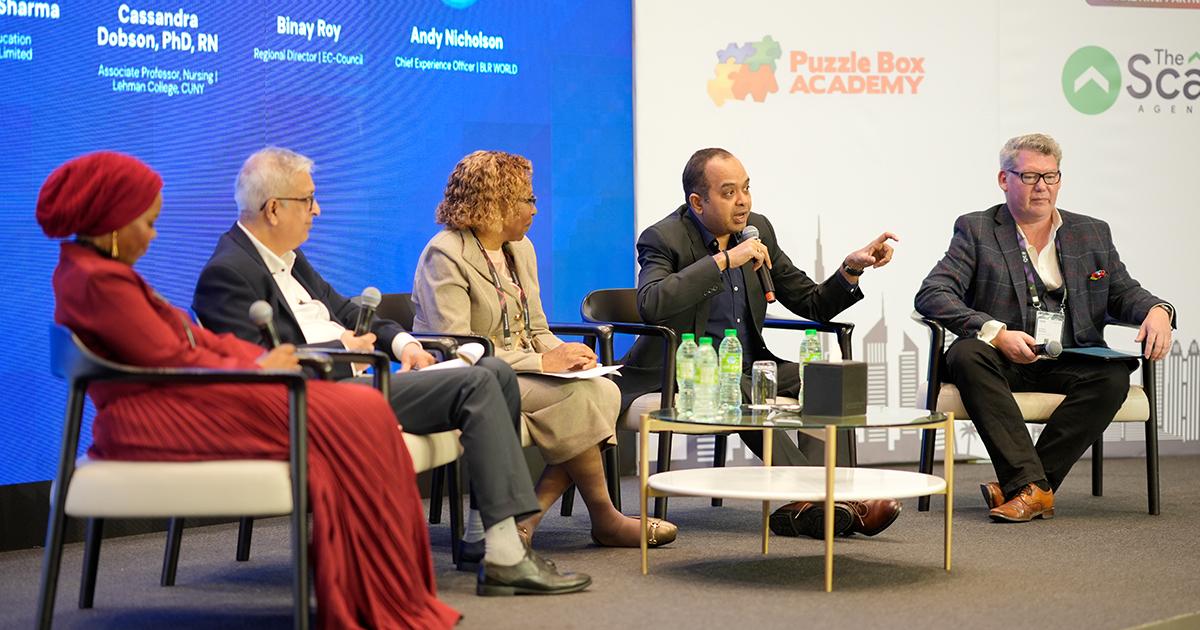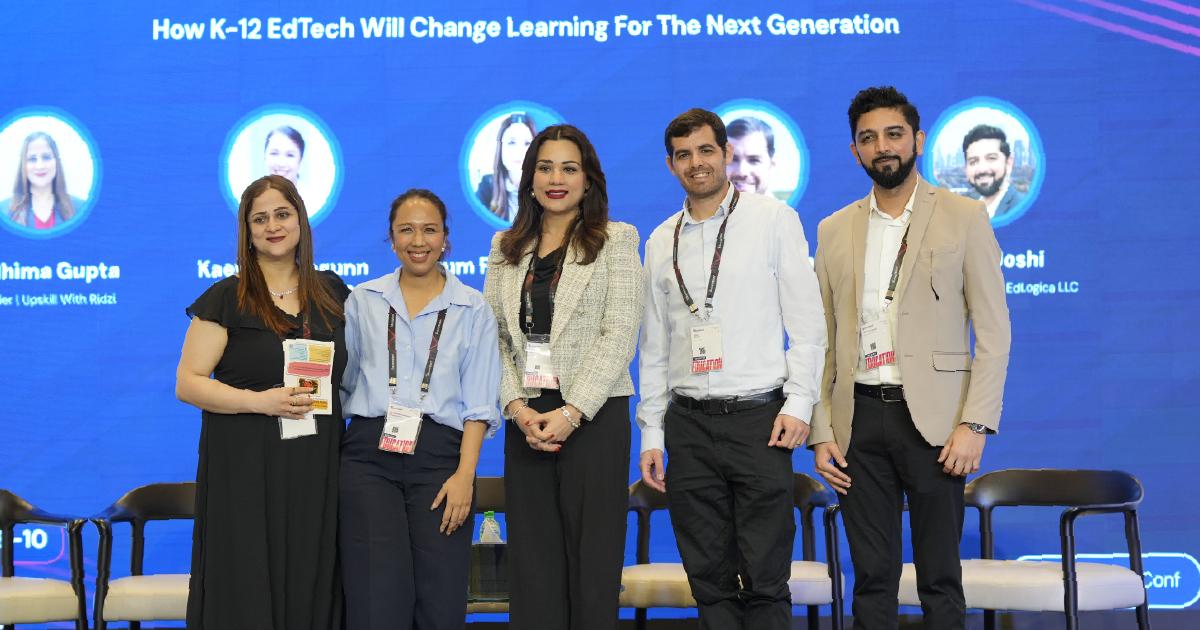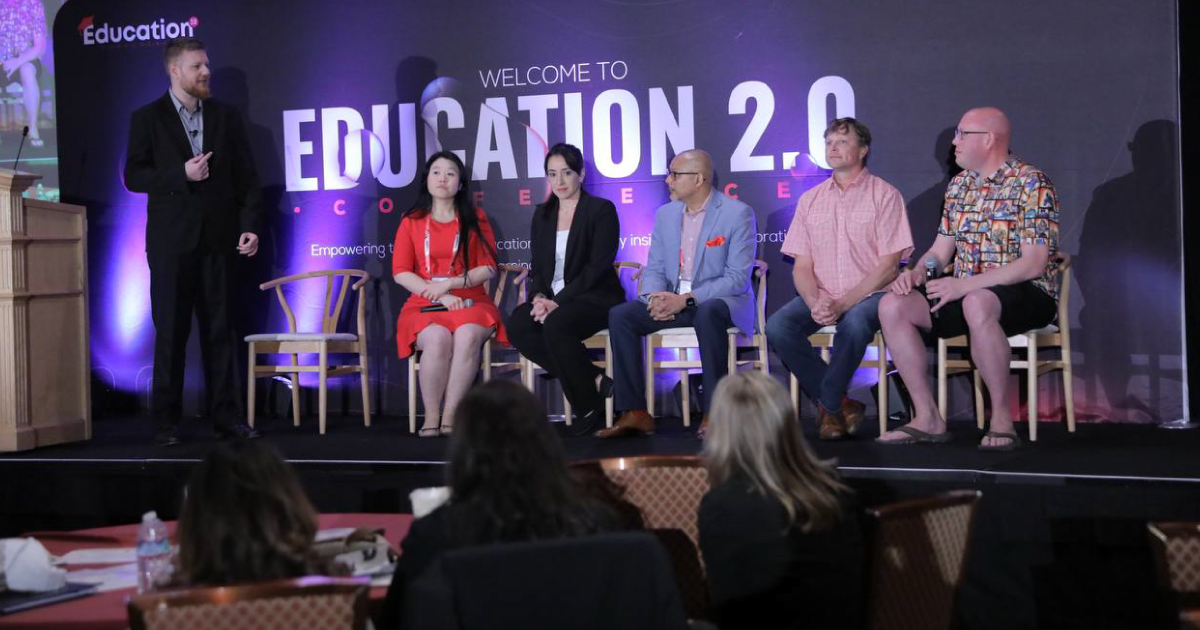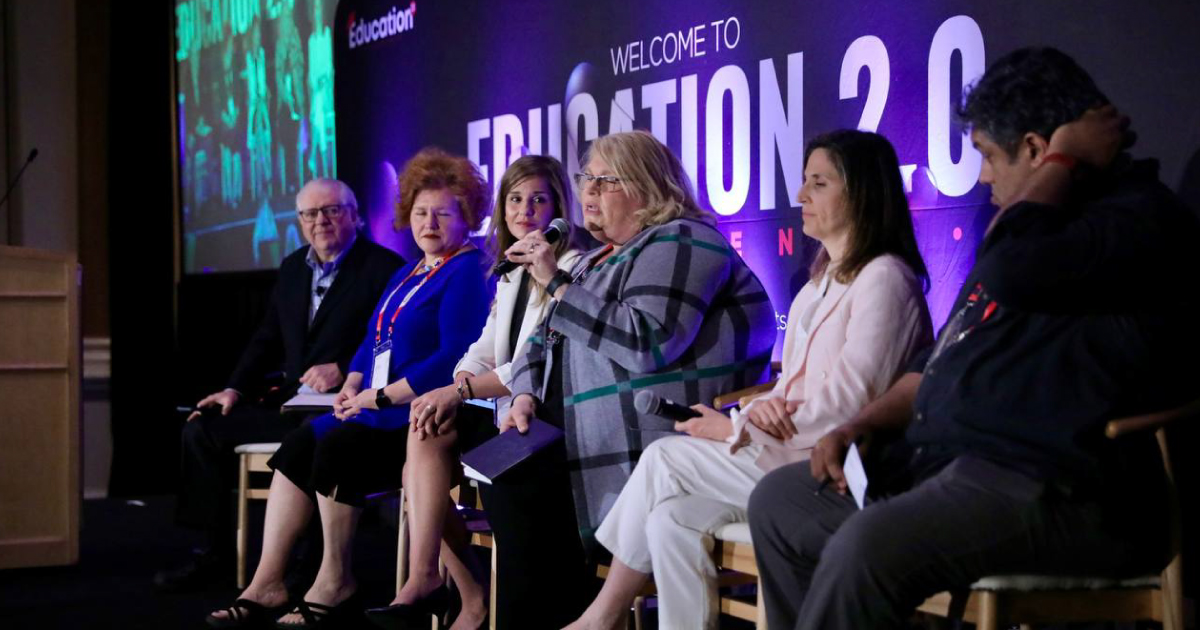
How To Make Generation Z Fall In Love With Learning?
Posted on : July 11, 2022

Generation Z has grown up in the digital age, making them more aware and inclined toward technology. Like every generation, they have unique qualities and abilities to adapt to this ever-changing world. Especially when we talk about learning, Gen Z has its own methods of grasping information. Also, they have different approaches to receiving and analyzing knowledge as compared to millennials and previous generations.
But did you know that gen Z covers over 32 percent of the world population? It means that they comprise a vast majority of the school population. So, how do we ensure that we are doing our best to provide Gen Z with effective learning methods in K-12 Schools? Let’s tap deeper to understand how we can make this generation fall in love with learning in this over-informative digital world.
What Gen Z Wants?
This generation prioritizes the internet more than anything else, making them more advanced and competitive in this digital era. They have creative thinking, logical thinking, questioning the status quo, risk-taking factors, independent nature, and hard-working ability. While Gen z prefers socializing more on social media platforms, they love face-to-face learning activities more than previous generations. Also, they have an attention span of fewer than 8 seconds. So they are always searching for instant gratification, which means on-demand services.
The Gen Z-Friendly Learning Approaches
Hybrid Learning
The good news for Gen Z is they can choose between online or offline learning. Nowadays, education conferences are focusing on discussions around hybrid learning models, especially after the pandemic, which have become a leading model for teaching students. Blending traditional ways of learning with modern technology is the best way to ensure that students will never compromise on their learning in this uncertain world.
Personalized Learning
Focusing on each student according to their skills and capabilities is the best way to involve students in deep learning. Rather than a generic syllabus, schools are now developing courses specially tailored to fulfill every student's needs. Teachers can give attention to individual students, making them more comfortable and open to learning.
Learning Through Videos
Gen Z spends more than three hours a day on YouTube, and 59 percent of them claim that it is their favorite method of learning. Since this generation has a short attention span compared to previous generations, videos are considered an effective way to transmit knowledge. Videos are more interactive, engaging, and enjoyable for students and everyone. Learning via videos leaves long-lasting results and becomes easy to remember because our subconscious mind can easily store more information through videos than through other mediums.
Social & Practical Ways Of Learning
Gen Z not only focuses on academic qualifications but is also enthusiastic about soft skills or 21st-century skills. Through involvement and observation, social learning enables students to pick up knowledge from one another, solve issues more quickly by combining complementary talents, and adopt ideas they would not have come up with on their own.
Conclusion
Teachers and educational institutions have a significant role to play in shaping the future of Gen Z. Thinking digitally, using graphics to transmit content, bridging the gap between student and teacher communication, building smart classrooms, and making use of social media tools are the best ways to lead this generation on the right track. Or you can attend upcoming education events like the Education 2.0 Conference, purely devoted to revolutionizing the education industry by touching every aspect, such as teachers, students, educationalists, and many more. The winter edition of this conference will emphasize how schools can provide a suitable environment for generation Z to grow and flourish.










